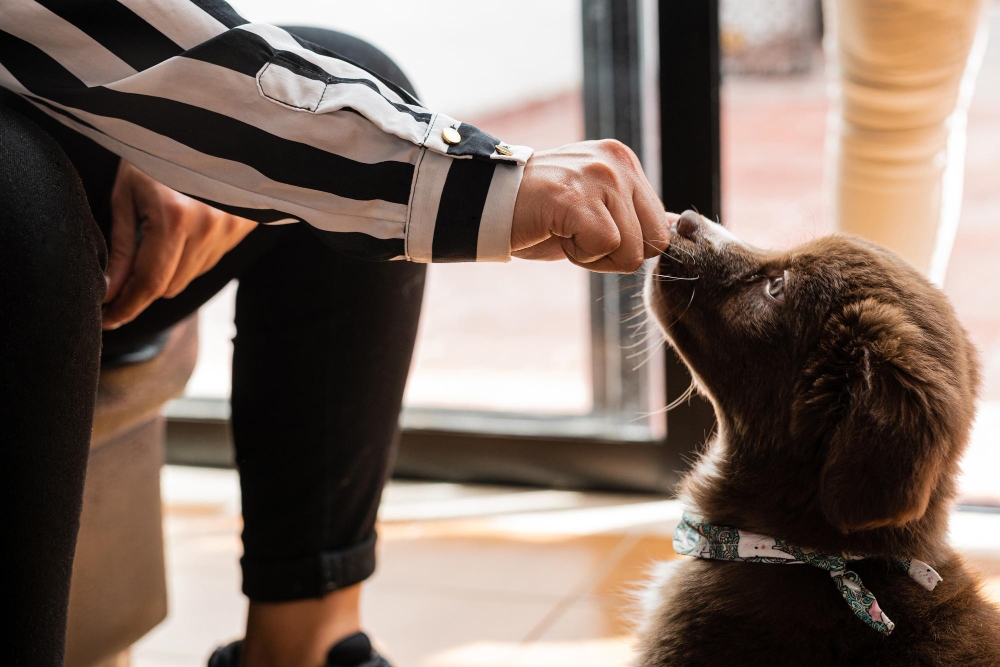Divorces are never easy, and when pets are involved, the process can become even more emotional. The issue of who keeps the pets is not treated like child custody, instead pets are classified as property in many legal jurisdictions. Understanding how the law views pets in these circumstances can help you navigate the situation with more clarity by reading through this post.
Pets as Property: How the Law Views Pet Custody
Under New South Wales law, pets can be considered assets during divorce proceedings, similar to cars or furniture. The Family Law Act doesn’t have specific provisions regarding pets, so there is no blanket approach in property settlements. While pets hold sentimental value, they are not typically assessed for their monetary worth unless they serve a business purpose, such as breeding or racing. In such cases, pets could be treated more like business assets due to their income generating potential.
Pets in Family Court
The Family Court is reluctant to make orders about pets. This was decided in the case of Gaynor & Tseh [2018] FamCA 164, wherein the parties were unable to reach an agreement, and the husband applied to the Court for the return of the family dog.
The Court decided it could not intervene under the Family Law Act and there was no good reason for them to do so since both parties could care for the dog.
Factors Considered in Pet Custody Decisions
However, each matter is unique and if the Court decides, Gaynor & Tseh provided the below as relevant in determining the issue:
- Who primarily cared for the pet during and after the relationship?
- Whose name is the pet registered under?
- Who purchased the pet, or was it a gift to one partner?
- Who is financially responsible for ongoing expenses like pet insurance and vet bills?
- Is the new living arrangement suitable for the pet?
Ultimately, the court aims to make a decision that considers the above factors and the pets’ wellbeing while noting that each case is unique and may lead to a different outcome.
Reaching an Agreement: Negotiation and Mediation
In many cases, couples are encouraged to reach a mutual agreement regarding their pets. Open communication can lead to arrangements that suit both parties and most importantly, the pets themselves. For instance, in families with children, the pets might move between households according to the children’s custody schedule, ensuring minimal disruption to the pets’ routine.
When direct negotiation isn’t possible, mediation is an effective alternative. A neutral third party can help both sides reach a fair arrangement that prioritises the wellbeing of the pets.
Seeking Legal Advice for Pet Custody Issues
Navigating the complexities of pet custody can be challenging, especially during an emotionally charged divorce. Seeking advice from a family lawyer can clarify your rights and provide options for securing your pets’ future. Our team of dedicated solicitors can help you achieve a resolution that suits both you and your pets, whether that’s through negotiation, mediation, or court proceedings. We understand that pets are more than just property—they are part of your family.

